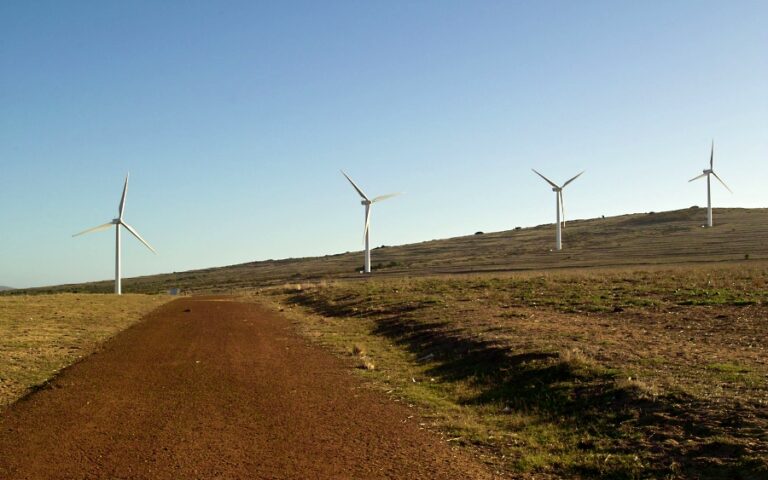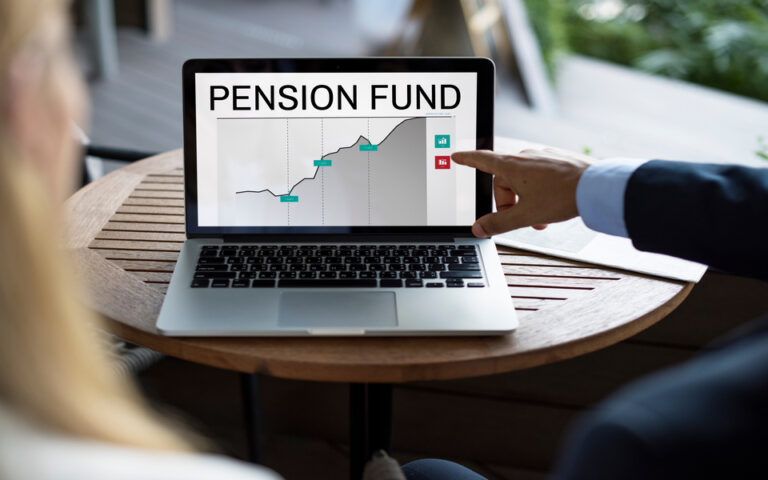On 13 November 2024, National Treasury released for public comment a discussion paper on phase two of the carbon tax, proposing significant changes for 2026-2030 to support national climate commitments.
The goal of a carbon tax is to reduce greenhouse gas emissions by putting a direct price on them, which is supposed to internalise the external costs of carbon (otherwise borne by society in the form of climate impacts) and create an economic incentive for businesses to lower emissions.
The SA carbon tax was first mooted in 2006 but only came into effect in 2019. The low-rate, introductory Phase 1 has been repeatedly extended, and the effective tax rate (i.e., the rate paid after tax-free allowances which currently cover up to 95% of emissions) has been too low to drive emission reductions. The introduction of Phase 2 is therefore long overdue.
Key proposals in the discussion paper included increasing the tax rate from R190 per ton of carbon dioxide equivalent (tCO₂e) in 2024 to R462 by 2030; gradually reducing tax-free allowances; and imposing a higher rate of R640 per tCO₂e for emissions exceeding carbon budgets.
After the end of the 30 day public consultation period, Treasury’s plan for phase 2 was set out in the February 2025 budget review document. It was baffling: the current basic tax-free allowance was maintained until the end of 2030; the rate of R640 per tCO₂e for emissions exceeding carbon budgets was not mentioned; and other allowances for which reductions or removals had been proposed also appeared to have been retained until 2031.
In short: it appears that the carbon tax will remain ineffective for at least the next five years.
The NGOs which had submitted comments on the discussion paper were shocked. How could Treasury move, in 4 months, from taking a firm position on finally implementing a meaningful Phase 2 for the carbon tax, to abandoning most of its proposals altogether. What had happened?
One possible answer lies in private meetings between Sasol executives and senior Treasury officials that happened between the release of the discussion paper and the budget review announcement. In response to an access to information request, Treasury sent a document listing the following meetings during this period:
- 4 December 2024: Treasury and five senior Sasol executives.
- 23 January 2025: Treasury and seven senior Sasol executives.
- 30 January 2025: Treasury and the same seven senior Sasol executives.
Minutes of the meetings were not provided for reasons of “taxpayer confidentiality”, but the subject of all of them was the carbon tax phase 2 discussion paper. In addition, Sasol executives met Treasury officials on the same topic in January and July 2024, before the discussion paper was publicly released.
After the February budget review document became available, Sasol’s CFO Walt Bruns said at an earnings presentation that Sasol had “been working closely as part of the public engagements with the National Treasury on the carbon tax” and that implementation of the proposals would have “had a significant impact on our overall free cash flow generation”, “quadrupling” from the current R1.8bn per year by 2030. Now though, “that number obviously reduces significantly to what we had previously calculated”.
A win for Sasol execs and shareholders. A massive loss for South Africa.
A report launched by Just Share this week demonstrates that meetings like those described above are only the latest in a two-decades long effort by SA’s major polluters to prevent an effective climate policy response.
The Obstruction Playbook: How corporate lobbying threatens South Africa’s Just Transition, uses corporate submissions on draft legislation, and PAIA-obtained records of private meetings with government, to demonstrate how industry interventions – predominantly via Sasol, Business Unity SA and the Minerals Council – have achieved significant regulatory concessions and extensive delays which have substantially compromised the effectiveness of the Carbon Tax Act 15 of 2019 and the Climate Change Act 22 of 2024.
Industry’s opposition to regulation is far less surprising than how successful it has been: time and again during the regulatory process which started in 2004, what high emitters have demanded, government has delivered.
The carbon tax has failed to drive emission reductions and is now set to continue to allow up to 85-95% of tax free allowances to remain until at least 2031. Implementation of the Climate Change Act has been repeatedly delayed, and crucial provisions relating to corporate carbon budgets remain inoperative and are still subject to further regulatory development.
Most concerningly, much of this corporate/government “engagement” happens behind closed doors. There is no legal requirement in SA for any disclosure of these interactions, and the public has no mechanism to monitor the influence of private corporate interests on government policymaking.
SA urgently needs reforms that rebalance the development of climate policy so that the interests of major polluters in delaying climate action do not consistently override the public interest.
This article was first published in the Financial Mail on 15 May 2025.
IMAGE: Friends of the Earth South Africa/groundWork, Flickr






